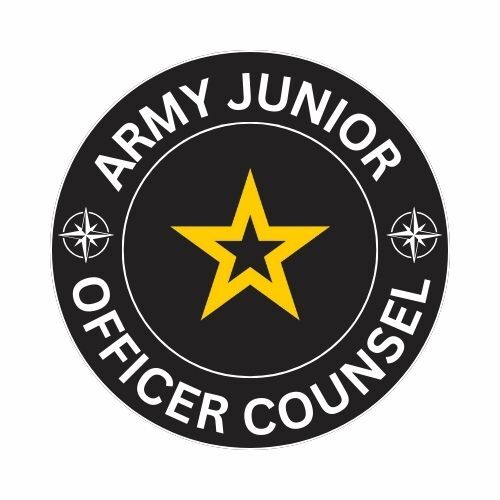The Often-Overlooked Role of the Headquarters Battery Executive Officer

So, you’re a lieutenant who has finished their Platoon Leader time. Whether OCS, ROTC, or USMA, your commissioning source likely focused mostly on your PL time when preparing you for your junior officer years. The majority of your unit’s field grade officers will likely refer to this as the best time in their career. You might feel a bit unenthusiastic or lost about whatever comes next. For some, it will be staff time. For others, Executive Officer in a line Battery or Company. For still others, including myself, you will be an HHB or HHC XO.
That exists? I wasn’t aware of it either. I transitioned from Platoon Leader to staff and am now in my favorite role so far, HHB XO. While there are plenty of leader development materials for line Battery XOs, there is little for us in this role. I’ve decided to write down some of my lessons learned to help some of the other confused, tired, and hopefully excited lieutenants that come after me.
Lesson one: this is not a line Battery. While a leader’s influence comes from a variety of sources, rank structure is one of the many things that makes a line XO’s job easier. You will be the lowest-ranking person in most meetings you attend as an HHB XO. Every Soldier, NCO, and Officer (with the exception of your 1SG and Battery supply team) works for someone other than your Commander. Every shop has its own priorities and it is your unspoken job to synchronize these with the goals of your Command team. You have 23 HMMWV road tests due this week for your Battery of 150 people? Sorry, the BDE staff’s planning for the next CTC rotation takes priority. Night driver’s training? The S3 shop is out this week for CPX mission analysis. Find a way to nest your priorities with those of the staff. What does this mean for you, LT?
Understand the Battalion and Brigade’s training calendar. This is important for a line Battery XO, but far more intensive for an HHB. While any platoon training in a line Battery is approved by your Battery Commander, you will not have the same visibility in your unit. The Headquarters likely has a place in all subordinate unit events, but these elements do not report to you. You will need to rely heavily on your First Sergeant and their relationship with the shop NCOICs to understand your place in enabling them to complete their missions.
Lesson two: camaraderie is harder to build. By their nature, Headquarters Batteries are transient. Shops often work independently. Your Soldiers will not know each other as well as they would in a line Battery. “The ties of shared hardship”, as one of my old Commanders used to call them, are harder to come by. One way to do this is through morale events. My Battery has held cooking competitions, holiday parties, potlucks, and beer-tasting events to bring people who do not normally see each other together. Encourage this. Mark it on your calendar and be present. It means a lot to those below you and sets an example for other Junior Officers in your formation.
Lesson three: NCOs are your greatest resource. If you didn’t learn this as a Platoon Leader or staff officer, now is the time to do it. The NCOs in your formation are there for a reason. They are likely key development complete and more senior than those in your last formation. Even if they are more junior, these NCOs are in smaller MOSs or branches that you did not have access to in the past. Learn from them and understand their role in the greater unit’s mission. This will give you invaluable preparation as a future Commander and staff officer.
And this leads to the second half of lesson three: you don’t have Platoon Leaders. Staff NCOICs and section leaders will take the lead on maintenance and you will likely have significantly more vehicles to keep track of than in a line Battery. Maintenance in HHB is a marathon, not a sprint. Follow up early and often and set priorities by week that are nested within your training calendar. Talk to your Commander for feedback on where you should be fighting for resources. Take backbriefs and maintenance SITREPS from your NCOICs in the same way that you would from your Platoon Leaders. Good shops have ownership of their equipment and want to maintain it to the best of their ability, and it is your job to facilitate that.
Being an XO often feels like a race from crisis to crisis. Your role is little-understood but vital to the success of your unit. Slow down, enjoy it, and learn all that you can.
1LT Alekseyev is a graduate of USMA and is currently the HHB BDE Executive Officer for 75th Field Artillery BDE. She is a native of Orlando, Florida.



